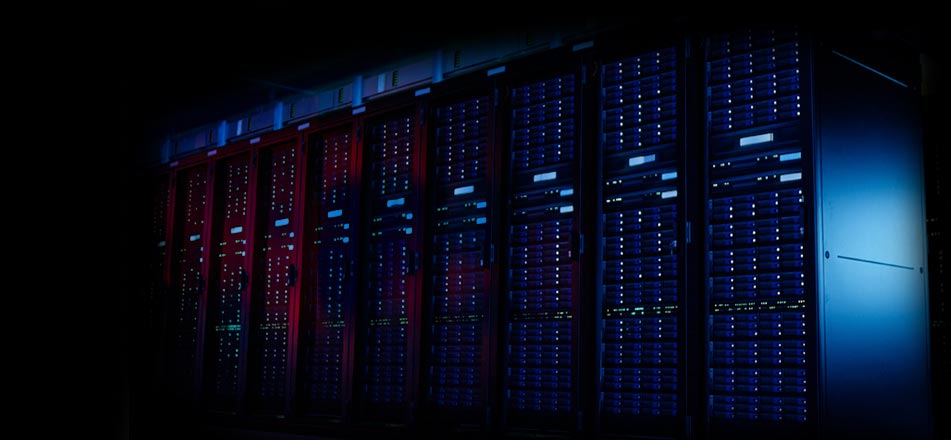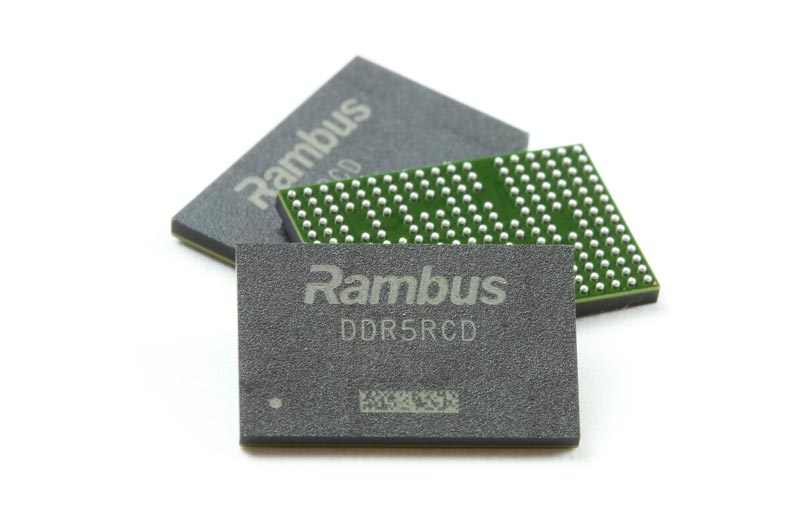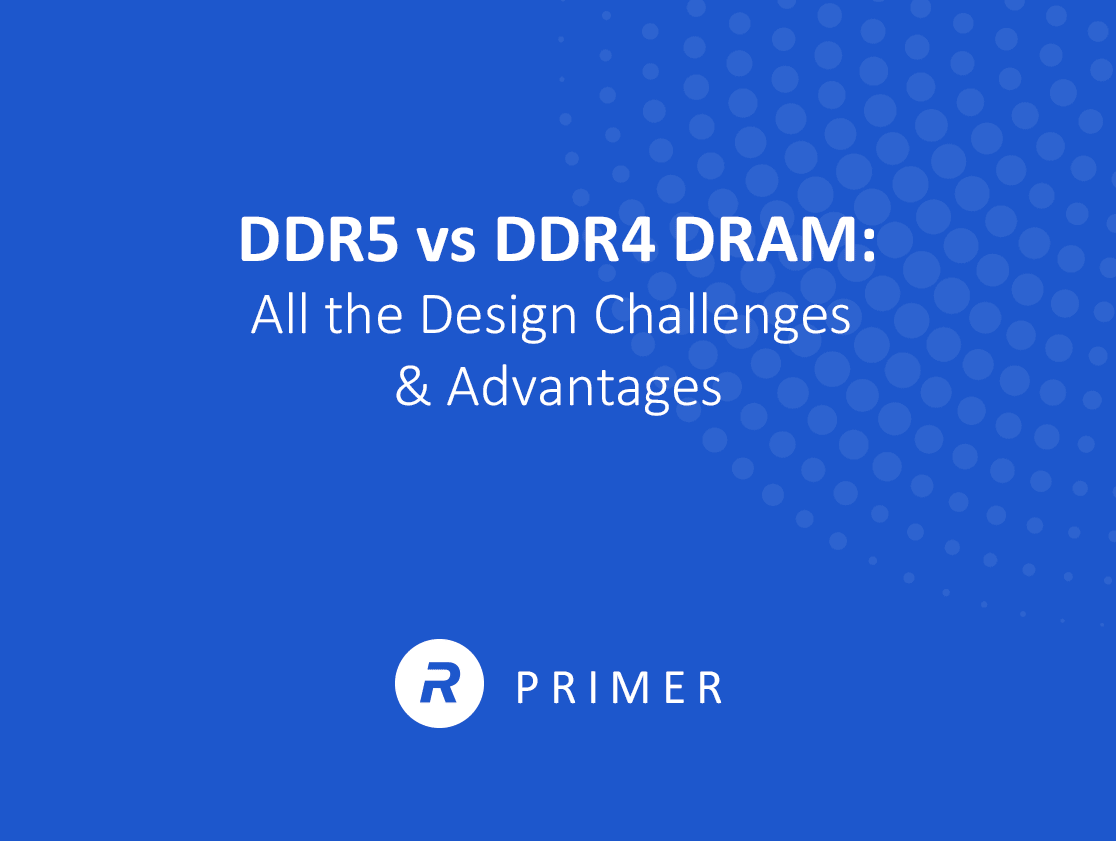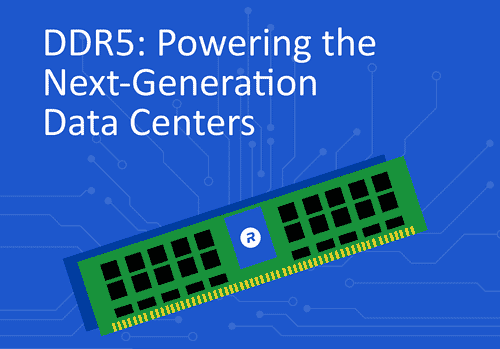Optimizing Capacity, Connectivity and Capability of the Cloud
Memory Interface Chips
Providing memory bandwidth and capacity to unleash the power of multicore processors
Home > Memory Interface Chips
Tackling advanced data center workloads requires ever increasing levels of server memory bandwidth and capacity. With over three decades of high-performance memory expertise, Rambus delivers the most advanced chipset solutions for server RDIMMs.
The Rambus Memory Interface Chip portfolio includes DDR5 RDIMM chipsets for the latest generation DDR5-based servers as well as those slated for release in the years ahead. For today’s DDR4-based servers, Rambus offers DDR4 memory interface chips that enable the highest bandwidth and capacity RDIMMs supported by the DDR4 standard.
The Rambus DDR5 DIMM chipset includes the DDR5 Registering Clock Drivers (RCD), Serial Presence Detect Hubs (SPD Hub) and Temperature Sensors (TS). These market-leading solutions deliver performance levels of up to 7200 MT/s and support the next-generation of data center servers.
The Rambus DDR4 DIMM chipset includes the DDR4 Registering Clock Driver (RCD), Data Buffer (DB) and Non-Volatile Registering Clock Driver (NVRCD). These solutions deliver performance levels up to 3200 MT/s for current DDR4 RDIMMs.
DDR5 Memory Enables Next-Generation Servers

An exponential rise in data volume, and the rapid increase of advanced workloads like AI/ML training, requires constant innovation in all aspects of computing. Yet given the broad infrastructure implications, main memory technology changes infrequently, once every 6 or 7 years. The transition to DDR5 is a watershed industry event as it will be the main memory solution in servers for the rest of this decade.
Markets






Speed and Security for the Artificial Intelligence & Machine Learning Revolution
Catching a Tidal Wave of Data
Providing Performance & Security for the Connected Car
Securing Mission-critical Systems
Making IoT Data Safe & Fast



